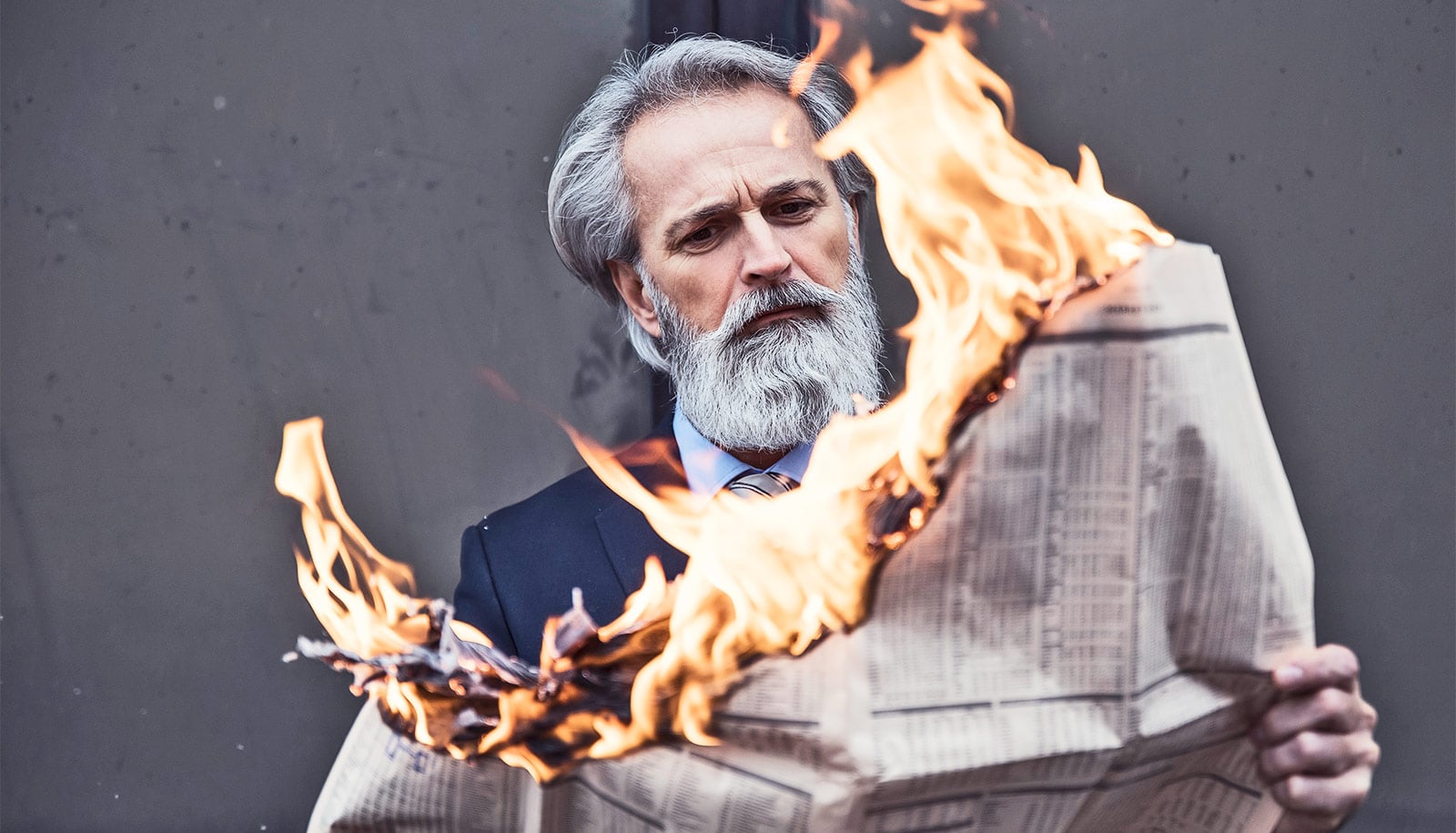Negative portrayal of a shooting victim can lead people to blame the victim for his own death and to sympathize with the shooter, a new study suggests.
After reading a negative biographical sketch about the victim of a fatal shooting, study participants favored lighter sentences for the shooter, says coauthor Sarah Gaither, an assistant professor of psychology at Duke University.
Researchers gave participants a written account of a fatal shooting of an unarmed man. Some victims were portrayed in negative terms of the sort often associated with black male stereotypes.
News reports about a shooting victim’s biography can shape public opinion about a shooter.
Specifically, the victim was described as a quick-tempered high school dropout who had been raised by his grandmother in a housing project and had been in frequent trouble with the law.
Other study participants, meanwhile, were given positive information about the victim. In that scenario, the victim was described as a college student who grew up in a middle-class suburb to a banker and English professor.
Some of the “good” victims were described as black and some as white. The “bad” shooting victims also included both black and white males.
After reading positive information about a shooting victim, participants were more likely to recommend that the shooter be charged with first-degree or second-degree murder. When the victim was described in negative ways, study participants were more likely to view the homicide as justified and to recommend a lighter sentence for the shooter.
This held true whether the shooting victim was black or white. However, respondents recommended harsher sentences when the victim and the perpetrator were of different races—when a white man shot a black man or a black man shot a white man.
Does seeing violence on the news make us care more?
The findings suggest that news reports about a shooting victim’s biography can shape public opinion about a shooter, Gaither says.
“These results highlight the powerful impact that the media can have in reporting shooting incidents,” and suggest that media reports have the potential to affect whether a suspect gets a fair trial, the authors suggest.
Other researchers from Duke and from Simmons College are coauthors of the study, which appears in the Journal of Social Issues.
Source: Duke University



